Incompatible visions for Turkey’s future are behind the recent spat.
The de facto dispute between the Gulen Movement (GM), led by Fethullah Gulen, and the Justice and Development Party (AKP) has moved into the public sphere since the National Intelligence Agency (MIT) crisis last year. On December 17, 2013, Turkish police took into custody scores of suspects, including sons of three ministers in the government cabinet and some well-known businessmen, as part of three unrelated corruption probes that were put together for no obvious reason.
Consequently, the three ministers and seven MPs from the AKP have resigned. The Turkish government responded by dismissing police officers in the Istanbul and Ankara Police Departments.
This move preempted the second round of the operation, in which the same public prosecutor, Muammer Akkas, issued summons for a number of high profile figures, including Prime Minister Recep Tayyip Erdogan’s son and heads of those firms that undertook the construction of major public projects such as the third Bosphorus bridge and another airport in Istanbul.
Earlier, however, Today’s Zaman, the Gulen Movement’s mouthpiece in English, had somehow "guessed" with near-perfect precision the subject of the operation as well as the suspects.
As new police officers in the Istanbul Police Department did not heed the second warrant, not only was the list of figures to be taken into custody leaked again to opposition newspapers, but the prosecutor himself also talked directly to the media in front of the courthouse.
In response, Chief Prosecutor Turan Colakkadi fired back at Akkas, pointing at irregularities in the investigation processes. He expressed his bewilderment at the fact that details of secret investigations were being leaked to the media, even before he was made aware.
The AKP government then changed police regulations concerning judicial investigations, requiring the police to report to their superiors before they make any move. The Supreme Council (HSYK) criticized these changes in a statement, although as an administrative organ, it has no mandate to make such public declarations on behalf of the entire Council.
What's Happened?
The split does not, as is claimed, result from the Turkish government’s plan to close down prep schools or the GM’s upright stance against fighting corruption. Rather, incompatible visions that the GM and the AKP have for Turkey’s future are behind the break-up.
The GM would like to do in Turkey what the Israeli lobby does in the US. They would like any elected leadership to act in line with the parameters the GM sets. The critical issue to note here is that the GM differs drastically from the rest of jamaats or civil society organizations in Turkey.
Rather, the movement has become a messianic organization headed by a leader, who is believed to be "infallible" by his followers. Gulen himself preaches the message that "providence gave them a mission." The destiny gave only them a mission and only they know its content and the right method.
In a deviation from Sunni practices that characterize Sunni Muslim groups in Turkey, the GM ironically adopted the Shi'a method of taqiyya (dissimulation). This means in today’s practice that one should pretend to embrace dialogue, negotiation, toleration, and reconciliation until one is strong enough to impose their will on others.
This explains the GM’s instrumental approach towards political parties in Turkey. The spokesmen for the movement always state that they do not support any fixed political party. What it seeks is a government that will take into account their interests while making Turkey’s foreign and domestic policy.
Some of these pillars are keeping good relations with Israel, avoiding fall-out with the US, and never giving emotional reactions against assaults on Muslims around the world. It was for this reason that Gulen described the Mavi Marmara flotilla as "a sign of defying [Israeli] authority."
His followers became particularly angry with the AKP and İHH over the flotilla incident, because any trouble between Turkey and Israel annoys the Israeli lobby and raises doubts about the Turkish government in the US. The GM thought that the nosedive in Turkish-Israeli relations which followed the Mavi Marmara incident reflected badly on them and limited their room for maneuver abroad, since they were deemed a firm ally of the AKP at the time.
Gulen revealed his dislike of the AKP’s foreign policy in recent years in an interview shortly after the Gezi protests: "If Turkey is indeed able to develop good diplomatic relations in the region, I believe it will be in the interest of Europe, the United States and the world. But I don't think Turkey is doing what it can toward this end at the moment." He repeated similar concerns in a more recent interview with The Atlantic.
In brief, the split between the GM and the AKP is more about the government jeopardizing the movement's interests in the name of Turkish national interests, rather than its decision to close down prep schools and its attempt to cover up widespread corruption.
To the GM, which suffers from anti-Persian hysteria, the fact that the government continues its economic dealings with Iran in the face of international sanctions is unacceptable. There are indications that the top circle in the movement thinks that an Iranian cabal infiltrated the AKP’s ranks, surrounded Erdogan, and is overpowering him from within. To the GM, such an AKP is no more an asset, but rather a "liability."
The Law vs. Politics
The AKP’s changes in police regulations regarding judicial investigations, its dismissal of scores of police officers, and assignment of new prosecutors to corruption probes have been criticized for violating the rule of law and undermining the principles of a separation of powers.
A number of columnists suggested that Prime Minister Erdogan should trust the law and let the prosecutors do their job, even if he thinks that he is the real target of the investigations. Their naïve suggestion rests on the idea that if the law does wrong, it will eventually correct its wrongdoing.
However, it looks certain that the moment the prime minister acts idealistically and "turns himself in," he may not see daylight again. For, even if he is acquitted of corruption charges, he may well be arrested for the peace process maintained with the Kurdistan Workers' Party (PKK).
But what if it is true that the GM prevails in all the judicial bodies and police and is, in fact, after a politically motivated operation disguised as a judicial investigation? We may then want to ask, as the old adage goes: "Whom do you complain to if the qadi (judge) himself is the one who committed the crime of kissing your mom?"
If we elevate principles such as the "independence of the judiciary" and the "rule of law" into "untouchable status" and then start "worshiping" the judiciary as if the law enforcement bodies are infallible, this may allow the judiciary to unaccountably prey on politics.
We may state the dilemma this way: When the law violates its own boundaries, can politics bring it back within its legitimate borders by remaining within the remit of the law?
The AKP, therefore, seems to have decided that in order for the law to function normally, it requires a normal situation. However, the situation at hand constitutes a "state of exception" and, therefore, requires extraordinary measures to go back to the normal state of affairs.
The Implications
When the AKP won general elections in 2002, it had to resemble the Motherland Party of the late 1980s by bringing in social democratic and liberal politicians to avoid the suspicious gaze of the aggressive Kemalist state elite.
Nevertheless, after the Gezi Park protests and the current battle, the AKP may retransform itself into a more closely-knit political party with a more or less uniform vision. Erdogan must also grab the opportunity provided by the corruption probe to eliminate the rotten and rotting apples from the ever enlarging political party in order to maintain its support base.
Regular internal cleansing and developing strict mechanisms of internal monitoring and auditing have become necessary. If the AKP holds more and more control over rents to be distributed, then the risk of corruption among its new opportunist and careerist ranks will increase.
At present, it is unlikely that the AKP government will collapse. "The end of Erdogan" themed pieces and talks in circulation forget that the Turkish public reads the truth and scale of corruption from their general feelings of how the Turkish economy is doing, and not from the accusations made by the highly politicized judiciary.
The GM, on the other hand, is on the verge of losing its legitimacy in the eyes of the wider public. It is unfortunate for such a powerful movement that it seems there is nobody left to give the GM the benefit of the doubt in the face of dire accusations of infiltrating the state.
Gulen’s admission that there have several times over the last decade that he saved top politicians from being videotaped in bed, as well as his curses of the AKP for purging police officers, proved to be a big debacle for the movement. For the first time, Gulen and his associates had to immediately clarify what he meant. This did not stop Turkey’s conservative public from pondering over why a Muslim preacher residing in another continent knows about other people’s promiscuities.
The Turkish public also asked why a Muslim preacher had been cursing other Muslims, especially an Islamic-oriented government. Gulen’s cursing video went viral and a Muslim preacher became the subject of pranks. It is telling that Gulen has not appeared in a video recording since these incidents.
It also does not bode well for the GM that the distance between it and other jamaats in Turkey has widened more than ever. All religious groups threw their open support behind the AKP government in the process.
To make matters worse for the GM, it is not immune to criticism anymore. Kemalists, nationalists of all stripes, and heterogeneous groups participating in the Gezi Park protests have had deep misgivings about Gulen’s intentions for years. However, the AKP acted as a lightning rod for these broadsides.
What happens now when the AKP itself joins in the chorus of criticism and Prime Minister Erdogan, pro-AKP columnists, writers, and public intellectuals liken the GM to Opus Dei or the Hashashin? Though the RPP (CHP) and some active supporters of the Gezi Park protests seem to be backing the GM for the time being, their support remains only tactical.
Beyond everything else, what Turkey will painfully be left with will be the absence of trust that its citizens have in the country's legal system after the highly politicized trials of Ergenekon, Balyoz, the February 28 coup cases, and this ongoing battle.
No matter who emerges from this head-on clash victoriously, establishing the rule of law and making the judiciary independent and impartial should be the primary task awaiting the new Turkish government.
The views expressed in this article are the author's own and do not necessarily reflect Fair Observer’s editorial policy.
Image: Copyright © Shutterstock. All Rights Reserved
Support Fair Observer
We rely on your support for our independence, diversity and quality.
For more than 10 years, Fair Observer has been free, fair and independent. No billionaire owns us, no advertisers control us. We are a reader-supported nonprofit. Unlike many other publications, we keep our content free for readers regardless of where they live or whether they can afford to pay. We have no paywalls and no ads.
In the post-truth era of fake news, echo chambers and filter bubbles, we publish a plurality of perspectives from around the world. Anyone can publish with us, but everyone goes through a rigorous editorial process. So, you get fact-checked, well-reasoned content instead of noise.
We publish 2,500+ voices from 90+ countries. We also conduct education and training programs
on subjects ranging from digital media and journalism to writing and critical thinking. This
doesn’t come cheap. Servers, editors, trainers and web developers cost
money.
Please consider supporting us on a regular basis as a recurring donor or a
sustaining member.
Will you support FO’s journalism?
We rely on your support for our independence, diversity and quality.



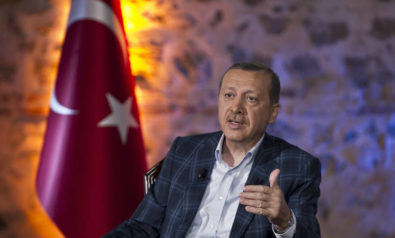
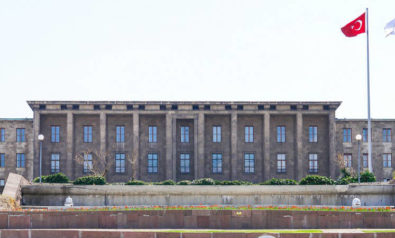
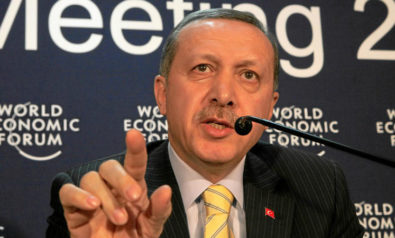
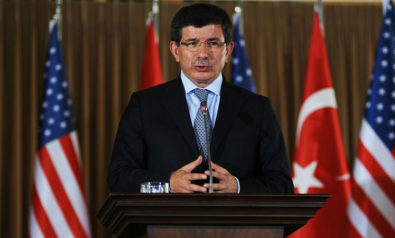


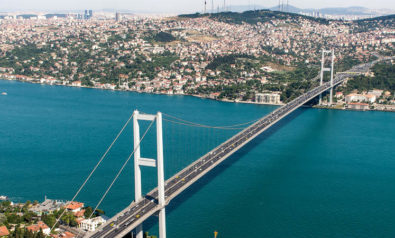
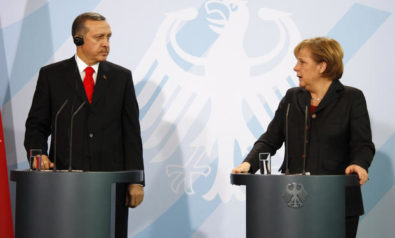
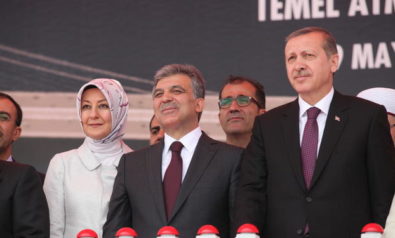
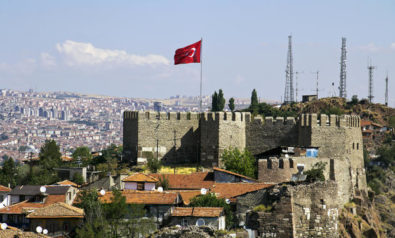
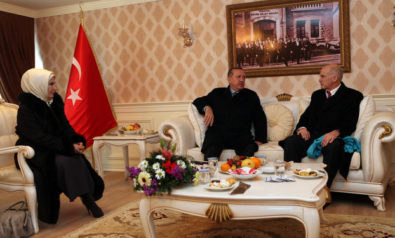
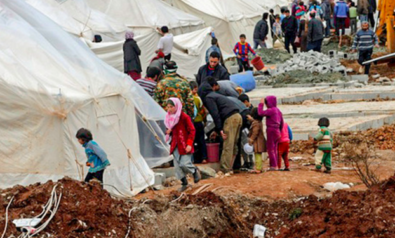
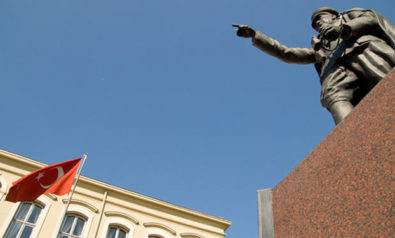


Comment